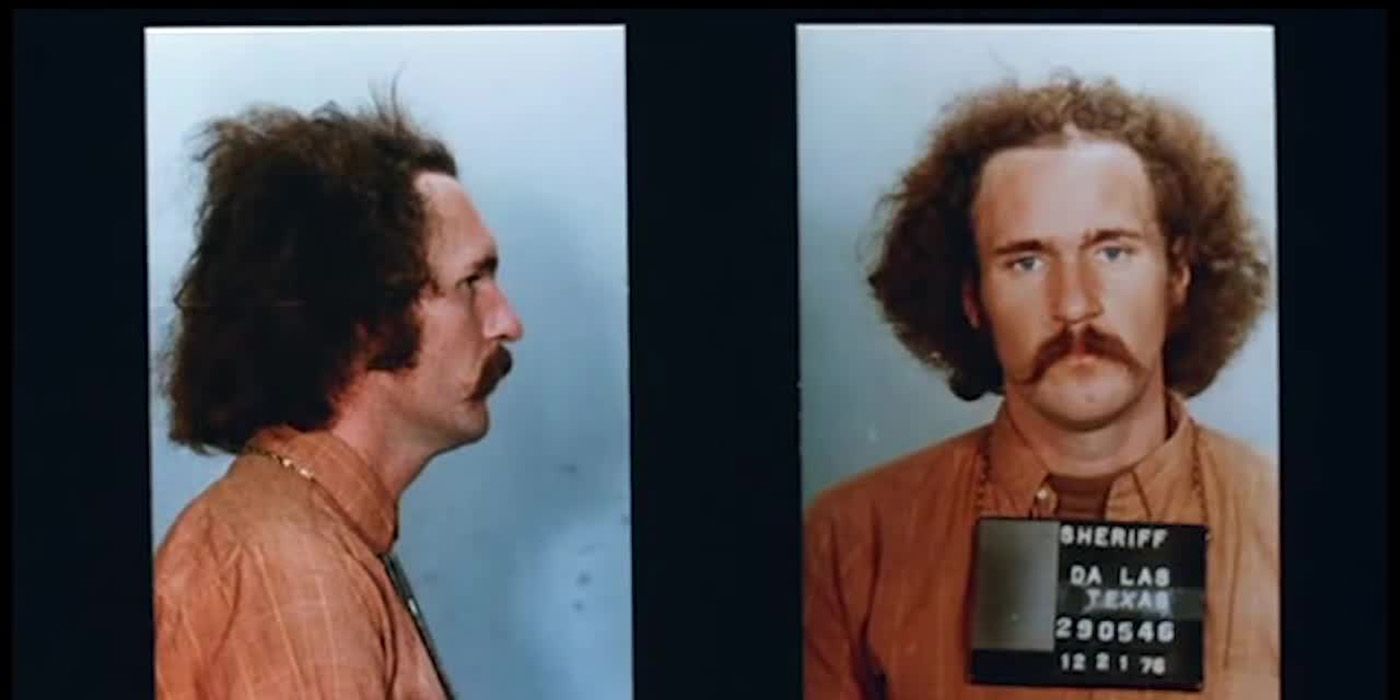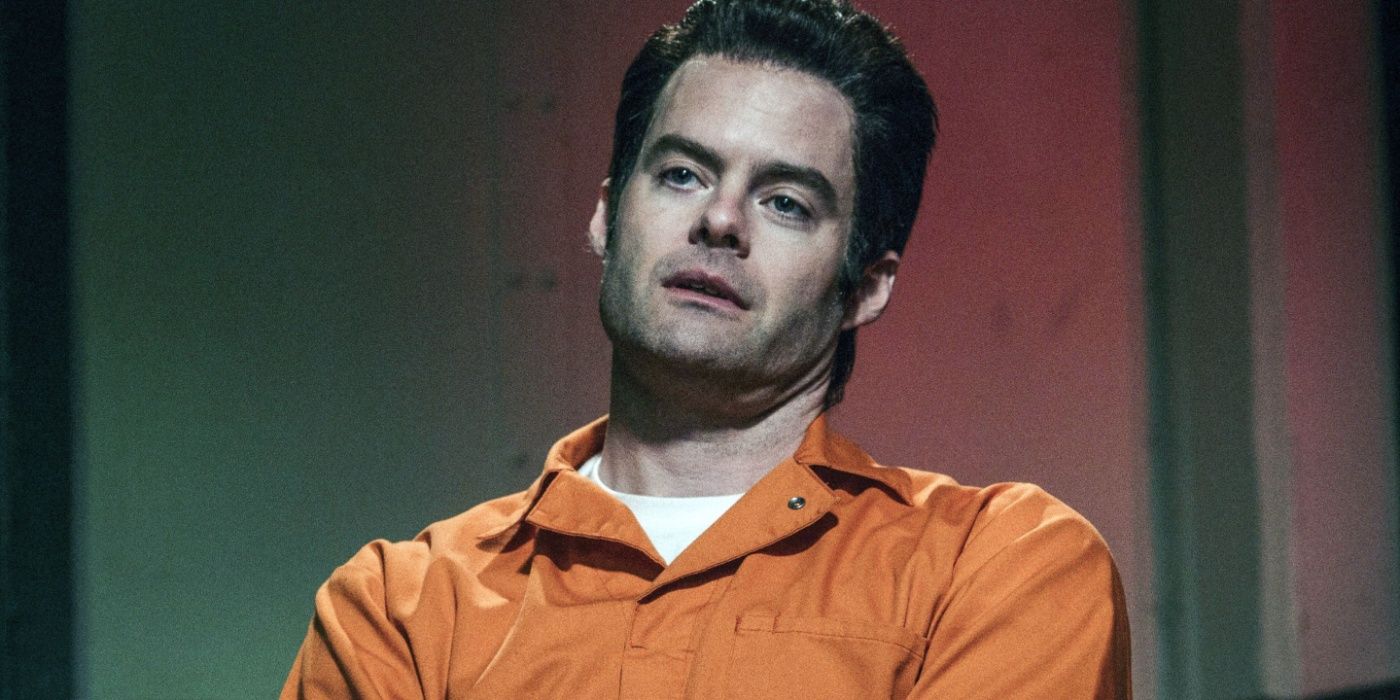
The Eye Doesn't Lie: A Parody Masterpiece by Documentary Now!

Exploring the brilliance and comedic genius of 'The Eye Doesn't Lie,' an episode of Documentary Now! that brilliantly parodies the serious and somber tone of the true-crime documentary genre.
The Art of Parody
Documentary Now! has emerged as a beacon of parody excellence in modern television, demonstrating an extraordinary commitment to detail and a unique vision for satire, and 'The Eye Doesn't Lie' is no different. Created by Fred Armisen, Bill Hader, Seth Meyers, and Rhys Thomas, the show sets itself apart by choosing to parody documentaries that are inherently serious and devoid of comedic elements. This approach not only showcases the creators' deep appreciation and understanding of the documentary genre but also their skill in extracting humor from the most unexpected places. Each episode is a standalone masterpiece, meticulously crafted to mirror the style, tone, and narrative approach of their respective documentaries.
Randall Adams being detained in The Thin Blue Line
'The Eye Doesn't Lie,' one of the funniest episodes of Documentary Now!, serves as a prime example of the show's ability to transform somber subject matter into a source of brilliant satire. The episode tackles the challenging task of finding humor in a grave scenario: the wrongful conviction and sentencing of a man. In doing so, Documentary Now! season 1, episode 4 'The Eye Doesn't Lie' not only honors the original work’s narrative and stylistic nuances but also introduces an ingenious layer of comedy, revealing the series' deep respect for the documentaries it satirizes.
Bill Hader in an orange jumpsuit in Documentary Now!
A Parody of True-Crime Brilliance
'The Eye Doesn't Lie,' masterfully written by Bill Hader and John Mulaney, meticulously mirrors the Errol Morris documentary The Thin Blue Line. The groundbreaking 1988 true-crime documentary follows the trial and conviction of Randall Dale Adams for the 1976 shooting of Dallas police officer Robert W. Wood. The documentary uncovered Adams' innocence and reshaped the genre with its investigative depth and narrative innovation. In 'The Eye Doesn't Lie,' the creators expertly recreate the original's dramatic re-enactments — something that had rarely been done in documentaries before The Thin Blue Line — and interview styles, preserving the documentary's innovative essence while infusing it with a unique comedic twist.
The attention to detail in 'The Eye Doesn't Lie' extends to its visual and narrative structure. The Documentary Now! team's commitment to authenticity led them to use the exact camera lenses used in The Thin Blue Line, ensuring that the visual style remained consistent with the original. This level of precision in the cinematography is complemented by the episode's clever writing, which introduces surreal elements into the plot, such as the trail mix incident. These additions, while humorous, are carefully crafted to not overpower the essence of the original documentary. Instead, they serve to highlight the absurdities often present in real-life situations, making the satire more impactful.
The Writer's True-Crime Obsession
John Mulaney, known for his sharp wit and ability to weave intricate narratives in his stand-up comedy, such as his drug and alcohol addiction in John Mulaney: Baby J, brings a unique perspective to the episode. Mulaney's co-writing 'The Eye Doesn’t Lie' for Documentary Now! is a perfect intersection of his well-documented obsession with true crime and his distinctive comedic style. Mulaney often discusses true crime in his stand-up specials, such as the 'Old Murders' routine in New in Town, in which he muses on how easy it was to get away with murder in 1935.
Mulaney even explained on Late Night with Seth Meyers that he attempted to solve a crime after his car had been broken into but was unsuccessful. His fascination with true crime adds depth and authenticity to the parody, allowing for a nuanced exploration of the genre. Key elements of The Thin Blue Line story were humorously changed, such as the victim's occupation as a police officer being changed to a sign spinner — a typically goofy Mulaney gag. In the Documentary Now! episode, Mulaney's influence is evident in the way the script cleverly twists the original plot of The Thin Blue Line, adding elements that are simultaneously absurd and insightful.









